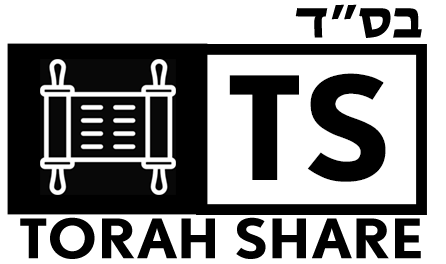Rabbi Breitowitz – Shares how Pesach to Shavuot (through the process of the Omer) is not freedom from something (to do whatever we want) but freedom to something (the freedom to choose). This is analagous to the barley offering on the first day of the Omer (which is animal food) to the wheat offering on Shavuot (which is human good). Do we want to be freedom to be whatever we want (to be an animal) or freedom to serve (to be a human)? The process of refinement (the counting of the Omer for 49 days) helps us make that journey from animal to human culminating with the giving on the Torah on Shavuot (the ultimate human endeavor as a Jew).
Click here for more videos from this Rabbi’s on this YouTube Channel:
https://www.youtube.com/@Yiboneh
If you are interested in receiving these Torah-Share.com posts via email please subscribe here: https://torah-share.com/subscribe/
